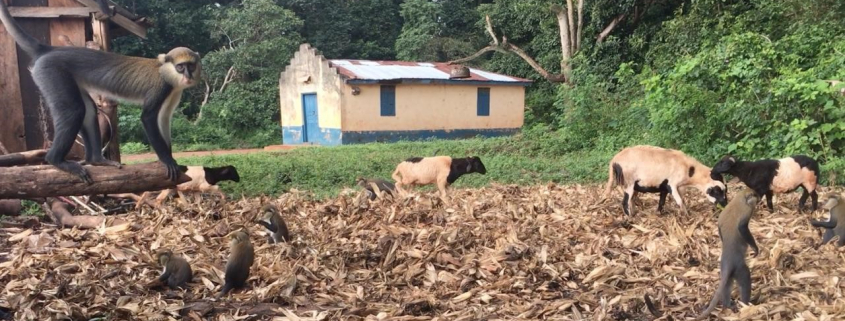CEPI teams with UC Davis to identify viruses most likely to emerge
CEPI, the Coalition for Epidemic Preparedness Innovations, and University of California, Davis have announced a new partnership agreement to advance and expand the application of “SpillOver,” a viral ranking app that directly compares the risks posed by hundreds of animal and human viruses. The database ranks hundreds of virus, host, and environmental risk factors to identify viruses with the highest risk of zoonotic spillover from wildlife to humans and to highlight those most likely to spread and cause human outbreaks.
“Together we will use cutting-edge methods to dramatically increase the amount of virus data available for risk ranking. This is a critical step forward in streamlining vaccine pipelines with the power to revolutionize epidemic and pandemic preparedness.”
CEPI will provide up to US$1.76 million in funding to take the “SpillOver” app to the next level, identifying and expanding its database to include new risk factors for disease spillover, like viruses that infect domesticated animals and viruses harboured by reptiles and amphibians. Researchers at the UC Davis One Health Institute will also pioneer a new system, using artificial intelligence, which is capable of parsing multiple sources in search of these viral data, to enable automated updates.
UC Davis researchers developed the SpillOver platform, an open database, using data from 509,721 samples taken from 74,635 animals in 28 countries and public records as part of a virus discovery project. These data were then used to rank the spillover potential (ie, the risk of a virus jumping from animals to people) of 887 wildlife viruses.




